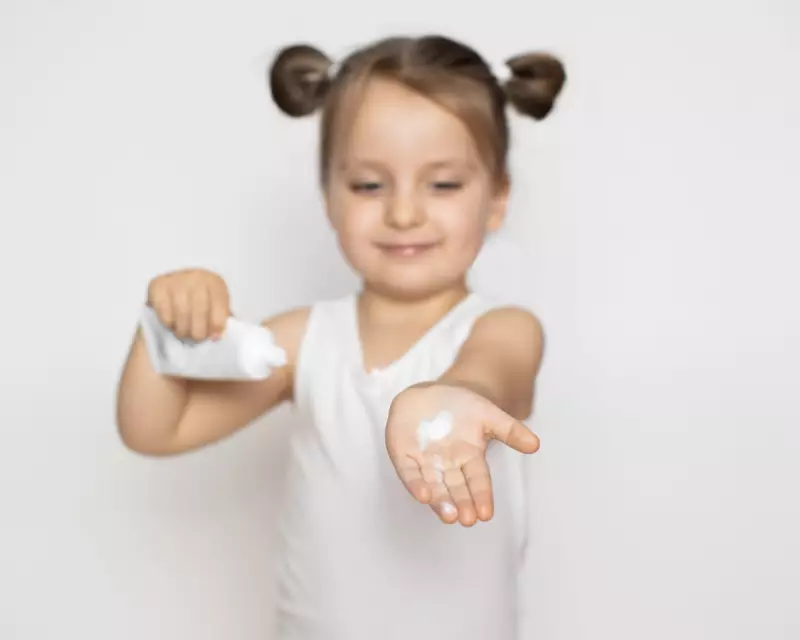
The emergence of skincare products specifically marketed at four-year-olds has sparked concern among parents and experts alike. A new brand called Rini is selling hydrating facial masks designed for preschoolers, complete with vitamin B12 infusions aimed at improving skin elasticity and texture.
The New Frontier: Skincare for Preschoolers
Rini represents the latest development in an increasingly worrying trend of beauty products targeting ever-younger children. The brand currently offers a Korean-made hydrating facial mask with demonstrations featuring preschool-aged models. Additional products including a healing ointment and daily barrier cream are reportedly in development.
This phenomenon follows what's become known as 'Sephora kids' - preteens developing intense attachments to high-end beauty stores and their sometimes harsh products. While Sephora kids are slightly older and more digitally engaged, both trends demonstrate that in 2025, no age group remains untouched by consumer capitalism.
Where Is The Demand Coming From?
The most disturbing aspect of this trend isn't necessarily the products themselves, but where the demand originates. According to industry observers and parents, children themselves are driving the demand for these skincare items.
This raises difficult questions about parenting in the digital age. However much screen time is limited, older children are watching the same TikTok tutorials as their parents. When primary school-age children start demanding face masks, it's crucial to examine the root causes rather than simply blaming parents or manufacturers.
Consultant dermatologist Dr Alexis Granite notes: 'I do not support young kids using inappropriate skincare, and we don't want to be setting up kids for years of feeling self-conscious about their skin, but young girls do play dress up.' However, she has witnessed tweens and teens experiencing skin reactions from using unsuitable products.
The Bigger Picture: Society's Impossible Standards
This trend reflects broader societal pressures where women feel compelled to look younger, teenagers strive to appear older, and now, apparently, four-year-olds are joining this cycle. The beauty industry simply greases these wheels, creating markets where none previously existed.
As the article references from Miranda July's novel All Fours: 'so much of what I had thought of as femininity was really just youth.' This observation highlights how youth-obsessed culture now extends to increasingly younger demographics.
The most troubling aspect may be that these products primarily target girls, connecting childhood play with beauty standards that historically relate to attracting partners and sexuality. As Dr Granite observes, while it's another form of play, it carries 'more emotional charge built into it' than traditional childhood activities.
What begins as innocent role-playing takes on new significance when supported by products and marketing that suggest even the youngest children should be concerned about their skin's appearance and elasticity.






